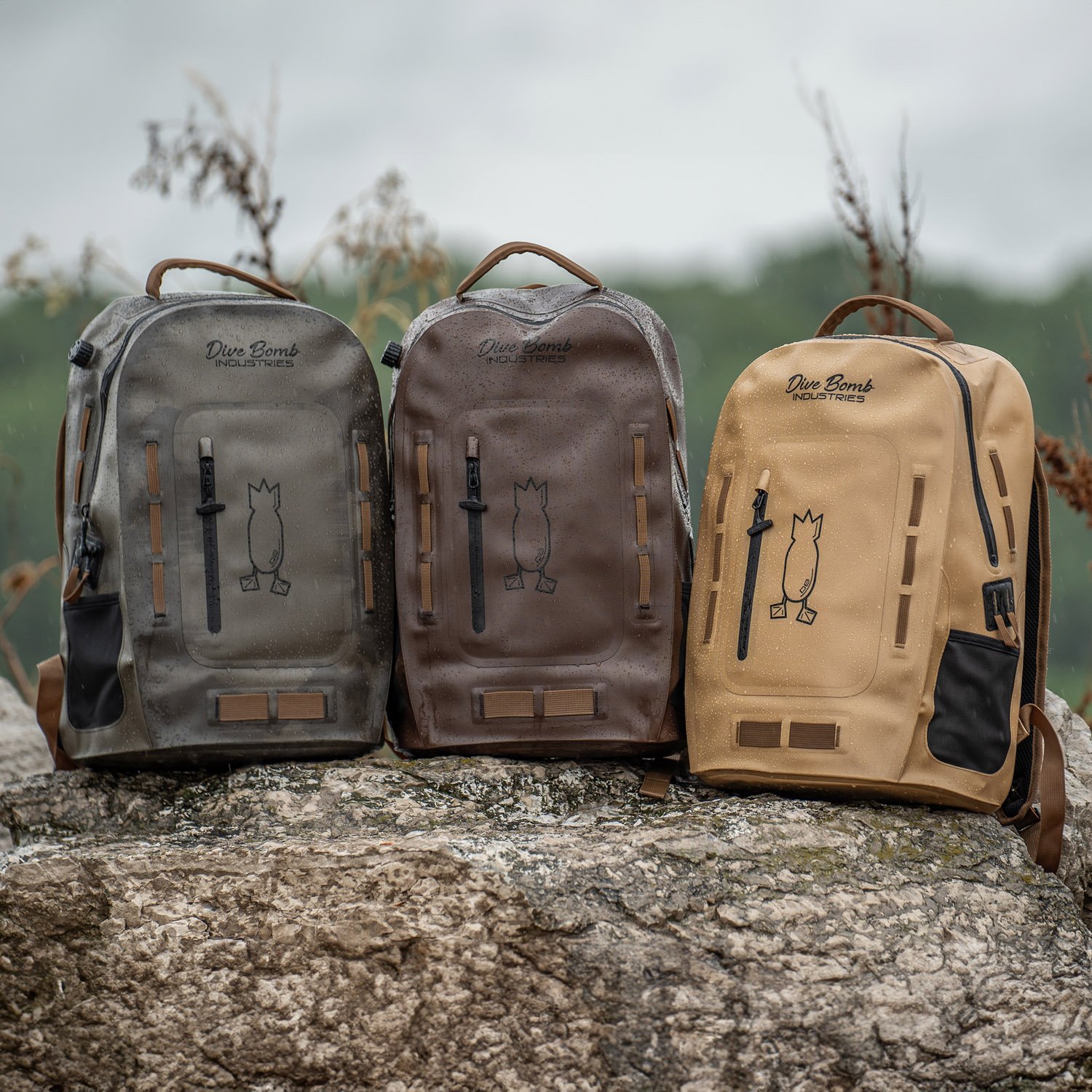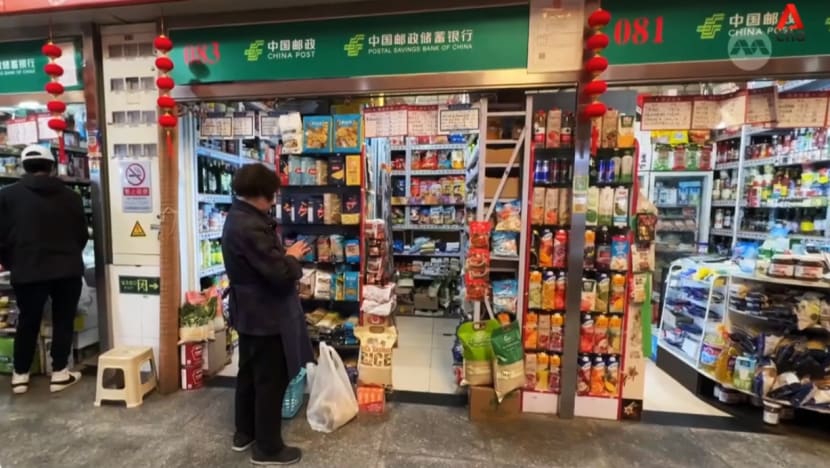Juxtapoz Magazine – Nina Chanel Abney: Fishing Was His Life @ The Gordon Parks Foundation Gallery
[ad_1]
“Soon after viewing Gordon Parks’s 1943–44 collection documenting the fishing marketplace together the Atlantic coast, I quickly wondered about who was omitted from that documentation: African American fishermen. I was motivated to investigate the historical past of Black Us citizens in the commercial fishing industry—a legacy that is obscured. Fishing has deep roots in the Black community, nonetheless the voices of Black fishermen are vastly underrepresented and their companies in decrease.” —Nina Chanel Abney
By way of her use of vivid colour, grand scale, and a mix of representation and abstraction, New York–based Chicago-born artist Nina Chanel Abney proposes a new sort of historical past painting. For this exhibition, the fruits of her 2020 Gordon Parks Foundation Fellowship, Abney has made a series of collages inspired by Gordon Parks’s pictures of the fishing marketplace in and near Gloucester, Massachusetts, and at the Fulton Fish Industry in New York Metropolis in the 1940s. Parks made these photos on assignment for the Workplace of War Info, which tasked photographers with recording numerous aspects of American each day existence, the workforce in several industries, and Globe War II mobilization. When Parks’s images focus on white laborers and their do the job websites, Abney imagines the Black staff whose contributions had been typically produced invisible by means of the lens of mainstream narratives.
Black individuals have lengthy been a cornerstone of this country’s commercial fishing market, particularly alongside the Gulf Coast—in Texas, Louisiana, Mississippi, Alabama, and Florida. However a sequence of gentleman-designed catastrophes, from redlining to environmental racism, have threatened their livelihood and existence. In the 1970s and 1980s, for example, Black oysterers experienced to combat redlining legal guidelines that disproportionally minimal their do the job on the richest oyster beds and waterways. Alongside the Gulf Coast, Black fishermen who make their residing from shrimp and oysters carry on to go through from the influence of Hurricane Katrina in 2005 and the 2010 BP oil spill. In Chesapeake Bay, the existence of Black employees in the fishing sector has declined from 90 % to approximately zero.
As a end result of systemic racism, Black fishermen to this day have very little entry to the funds and assets required to mature and maintain their firms. By demonstrating Abney’s collages alongside Parks’s photographs from decades back, Fishing Was His Daily life aims to illuminate the erased narratives and rich cultural legacy of African Individuals in the business fishing sector.
Nina Chanel Abney is a 2020 Gordon Parks Basis Fellow. // All performs are by Nina Chanel Abney (American, b. 1982) and are courtesy of the artist and Rate Prints.
[ad_2]
Source link





